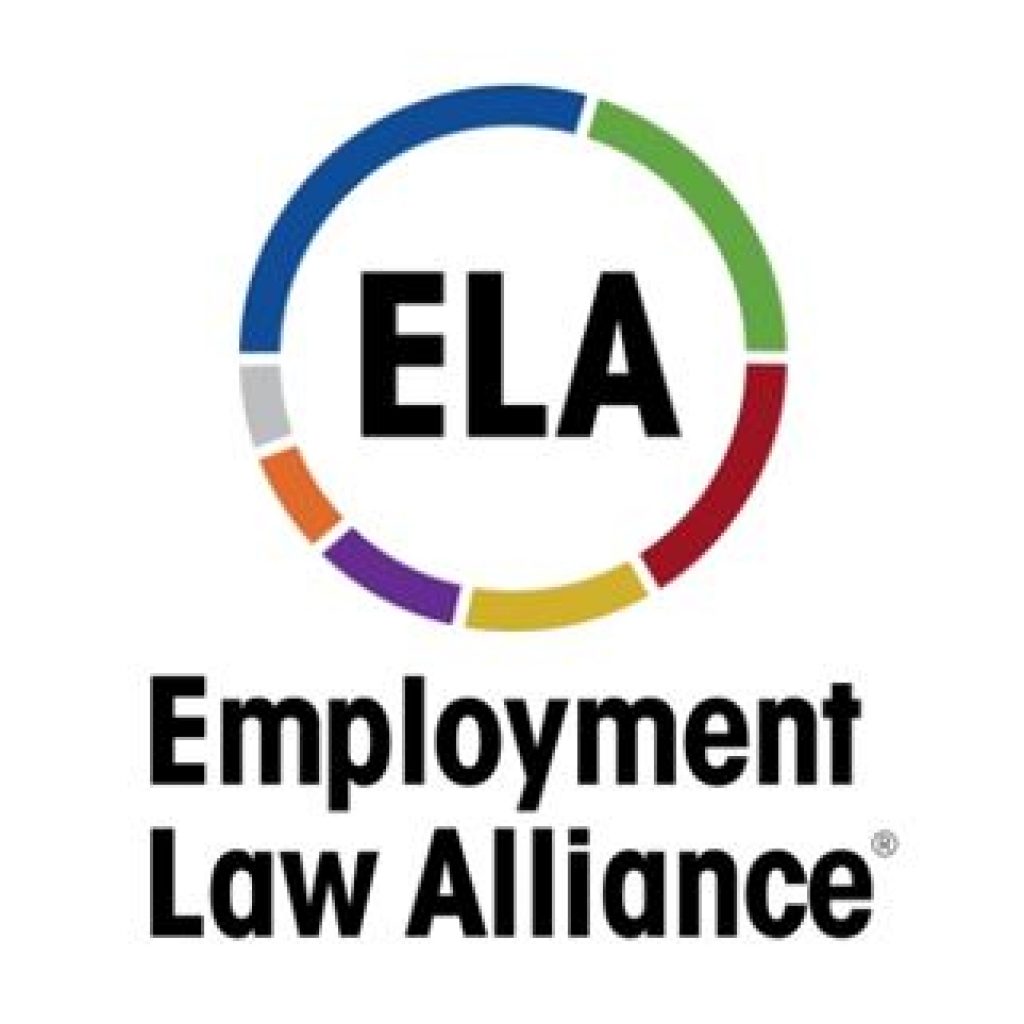Supreme Court Issues Arbitration Decisions
In January 2019, the United States Supreme Court issued two decisions construing arbitration agreements. One case provides guidance for employers that wish to mandate arbitration as the sole means of resolving employment disputes. The other concerns a statutory exclusion of certain workers’ claims from forced arbitration.
Henry Schein, Inc. v. Archer & White Sales, Inc.:
Facts of the Case
Henry Schein, Inc. v. Archer & White Sales, Inc., involved a commercial contract that specified that disputes between the parties would be resolved exclusively by arbitration under the rules of the American Arbitration Association (AAA) unless the complaint sought injunctive relief. The AAA rules empower arbitrators to decide the “gateway issue” of whether a claim is subject to arbitration.
After the parties’ relationship soured, Archer & White sued Schein in federal district court, seeking damages and injunctive relief. Schein moved to compel arbitration based on the contract. Archer & White opposed, claiming that they were permitted to file in court because their complaint sought injunctive relief, at least in part. The parties disagreed about whether the threshold question of arbitrability should be determined by the court or an arbitrator.
The district court held that the Federal Arbitration Act (FAA) included an exception to arbitration where a parties’ argument in favor of arbitration was “wholly groundless.” Finding Schein’s argument that the dispute was arbitrable to be wholly groundless, the court ruled on the motion to compel arbitration and denied it. The U.S. Court of Appeals for the Fifth Circuit affirmed.
The Court’s Decision.
A unanimous U.S. Supreme Court reversed, holding that the FAA does not include a “wholly groundless” exception and, indeed, that such a judicially created exception is inconsistent with the FAA. Arbitration is a matter of contract. The FAA favors enforcement of agreements to arbitrate. Justice Kavanaugh, writing for the Court, explained:
We must interpret the Act as written, and the Act in turn requires that we interpret the contract as written. When the parties’ contract delegates the arbitrability question to an arbitrator, a court may not override the contract. In those circumstances, a court possesses no power to decide arbitrability. That is true even if the court thinks that the argument that the arbitration agreement applies to particular dispute is wholly groundless.
The Court noted that binding Supreme Court precedent established that parties may delegate the threshold question of arbitrability to the arbitrator, so long as they do so in clear and unmistakable terms. Precedent also establishes that courts may not examine the merits of an underlying dispute in deciding a motion to compel arbitration. A court may only determine if a valid agreement exists. A determination that it is “wholly groundless” to compel arbitration of a suit violates these judicial limits.
The court remanded the case for the lower court to decide whether the underlying contract delegated the question of arbitrability to the arbitrator.
Facts of the Case
Oliveira worked for New Prime as an interstate truck driver pursuant to an independent contractor agreement. The agreement provided that disputes arising out the parties’ relationship would be resolved solely by arbitration.
Oliveira joined a class action lawsuit against New Prime, contending that he and other drivers were misclassified as independent contractors. New Prime moved the court to compel arbitration pursuant to the written agreement.
Oliveira argued that his dispute was not subject to arbitration because the FAA expressly excludes from its coverage “contracts of employment” in certain discrete areas, including workers engaged in foreign or interstate commerce. Regardless of whether or not he was an employee, his written agreement to work driving a truck across State lines fell within the exclusion. Thus, his suit was properly before the court.
New Prime countered that (1) the issue of whether the dispute was arbitrable was for the arbitrator to decide; and (2) as an independent contractor, Oliveira did not have a “contract of employment” so was not within the FAA exclusion.
The district court, affirmed by the U.S. Court of Appeals for the First Circuit, agreed with Oliveira and refused to compel arbitration.
The Court’s Decision.
The Supreme Court affirmed. Although the FAA generally requires courts to defer to a written agreement as to question of arbitrability, before a court may exercise the authority granted under the FAA to compel arbitration, “a court must first know whether the contract itself falls within the boundaries of [an area excluded by the FAA].” The Court explained, “The parties’ private agreement may be crystal clear and require arbitration of every question under the sun, but that does not necessarily mean the Act authorizes a court to stay litigation and send the dispute to an arbitral forum.”
Having decided that the question of arbitrability was, as a statutory matter, the responsibility of the court rather than an arbitrator, the Court turned to the second question: whether the lower court held correctly that Oliveira’s agreement with New Prime was a “contract of employment.” New Prime and Oliveira agreed he was a worker engaged in interstate commerce. Oliveira agreed, for purposes of this question, to assume that his contract was an independent contractor agreement. Thus, the question turned on the meaning of “contract of employment” under the FAA.
To understand what was intended by the term, the Court reviewed its meaning in 1925, when the FAA was enacted. Based on dictionaries at the time “‘employment’ was more or less [treated] as a synonym for ‘work.’” Also at the time, the phrase “contract of employment” was used in court cases to involve work agreements involving independent contractors. Additional evidence from the text of the law showed Congress’ intent: the law used the term “workers” rather than “employees” in excluding from coverage “‘contracts of employment of … any … class of workers engaged in foreign or interstate commerce.’” (citing 9 U.S.C. § 1, emphasis added). Based on all of this, the Court held that Oliveira’s dispute was excluded from the FAA and affirmed the lower court’s refusal to compel arbitration.
Lessons Learned.
The Court’s decisions make clear that parties have broad authority to require that disputes be decided exclusively by arbitration – except when they don’t! Seriously, however, with the exception of disputes that are expressly excluded under the FAA (here, disputes with workers engaged interstate trucking) a carefully crafted agreement that delegates all issues, including the gateway question of arbitrability, to the arbitrator should be enforced by courts. With such an agreement, courts are not authorized to look behind the agreement itself or examine the merits of the dispute (the court made clear that whether an argument is “wholly groundless” is beside-the-point in a motion to compel arbitration).
Of course, a party seeking to avoid arbitration still may raise arguments about whether a contract was formed. Whether a contract exists is a matter of State law. For example, an agreement must be supported by adequate consideration to be enforceable. Thus, before implementing an arbitration agreement, employers should consult with legal counsel to make sure that the agreement is not subject to challenge on this and other contract-formation grounds.







